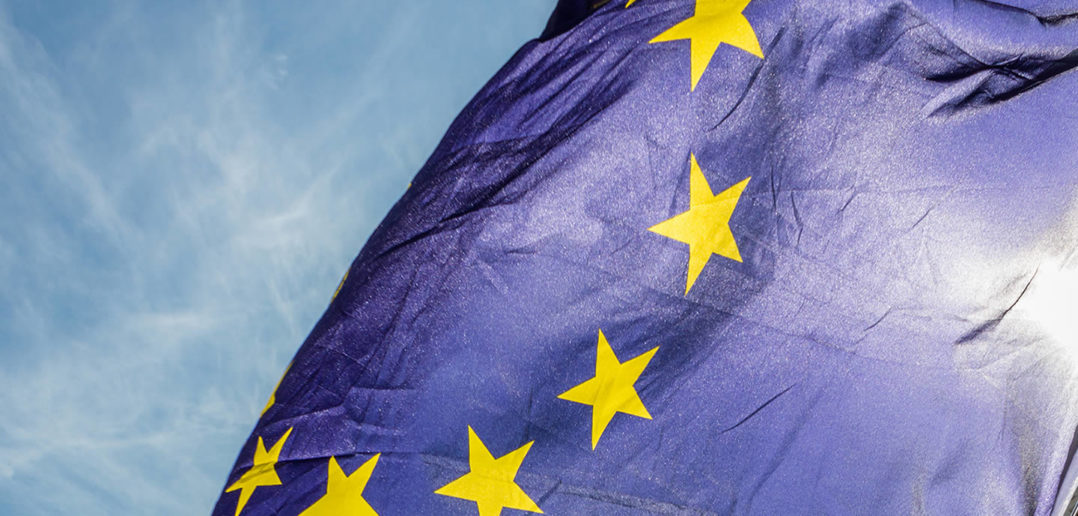Boris Johnson maintains that he would prefer a deal, but with less than six weeks until he wants to crash the UK out of the European Union “do or die” the chance of a new deal being agreed in Brussels and passed in Westminster before the deadline is slim to none.
The appearance of Brexit Secretary Stephen Barclay in Brussels today is part of the ongoing charade where government “sources” tell friendly members of the press that the EU is wavering on the Irish backstop and a deal is in sight, when in reality the EU has not changed its stance for the last year. If the UK leaves the EU on 31 October, it will be without a deal.
Johnson has again claimed that “progress” is being made in discussions with EU leaders, but Irish Foreign Minister Simon Coveney contended there was still a “wide gap” between the UK and the EU. And importantly, European Commission President Jean-Claude Juncker stated the EU was “still waiting for serious proposals” from the UK about how to solve the question of the Irish border without the need for the backstop.
Three years after the Brexit vote, the Brexiteers in government have still not been able to develop a single proposal of how to solve the issue without breaching the terms of the Good Friday Agreement. It is clear that the right wing of the Conservative Party, including the European Research Group (ERG), will not vote for a deal that includes an Irish backstop, but even if this issue could be solved members of the group have said they will still reject any deal that Johnson could negotiate. This would leave the PM relying on votes from Labour “Lexiters” to get the deal passed, which is an unlikely prospect.
Johnson has faced a difficult first few weeks as prime minister, first seeing his majority evaporate and then faced with parliament revolting over his push towards no deal, passing legislation to force Johnson to ask for an extension from the EU if he cannot find a deal that is agreeable to both Brussels and Westminster. He has fared little better outside of Westminster, with members of the public choosing to confront him at every chance about everything from his attitude to EU negotiations to under-funding of the NHS and social care.
Johnson has also faced pushback from the courts, with his political decision to prorogue parliament to avoid scrutiny over his Brexit plans found to be unlawful by Scotland’s highest court. This week the case was appealed up to the Supreme Court, with the government facing a possible constitutional crisis where the government could be found to have acted unlawfully against the British constitution and misleading the Queen.
However, Johnson’s political and legal troubles do not appear to have hurt his popularity in the polls. Brexit supporters appear to still have faith that Johnson will deliver Brexit by 31 October as he has claimed, but if he is forced to delay until January or even later, such support could quickly collapse. If an election is called in the coming months, the British political odds on party leaders has Jeremy Corbyn as the favourite to become the next PM at 15/8, followed by Ken Clarke as a ‘cross-party caretaker PM’ at 12/1 and Liberal Democrat leader Jo Swinson at 14/1.
The Conservative Party is already gearing up for an election and has spent thousands of pounds on Facebook campaigns aimed at those aged over 45 with messages designed to define the election as Boris Johnson as the protector of Brexit against an ‘undemocratic’ parliament that would prefer soft-Brexit or to Remain. The ads have already been viewed 2.6 million times, but with the Liberal Democrats riding high in the polls after pivoting to a position of revoking Article 50 and remaining in the EU, it is unclear whether they will be sufficient to deliver Johnson a majority.




